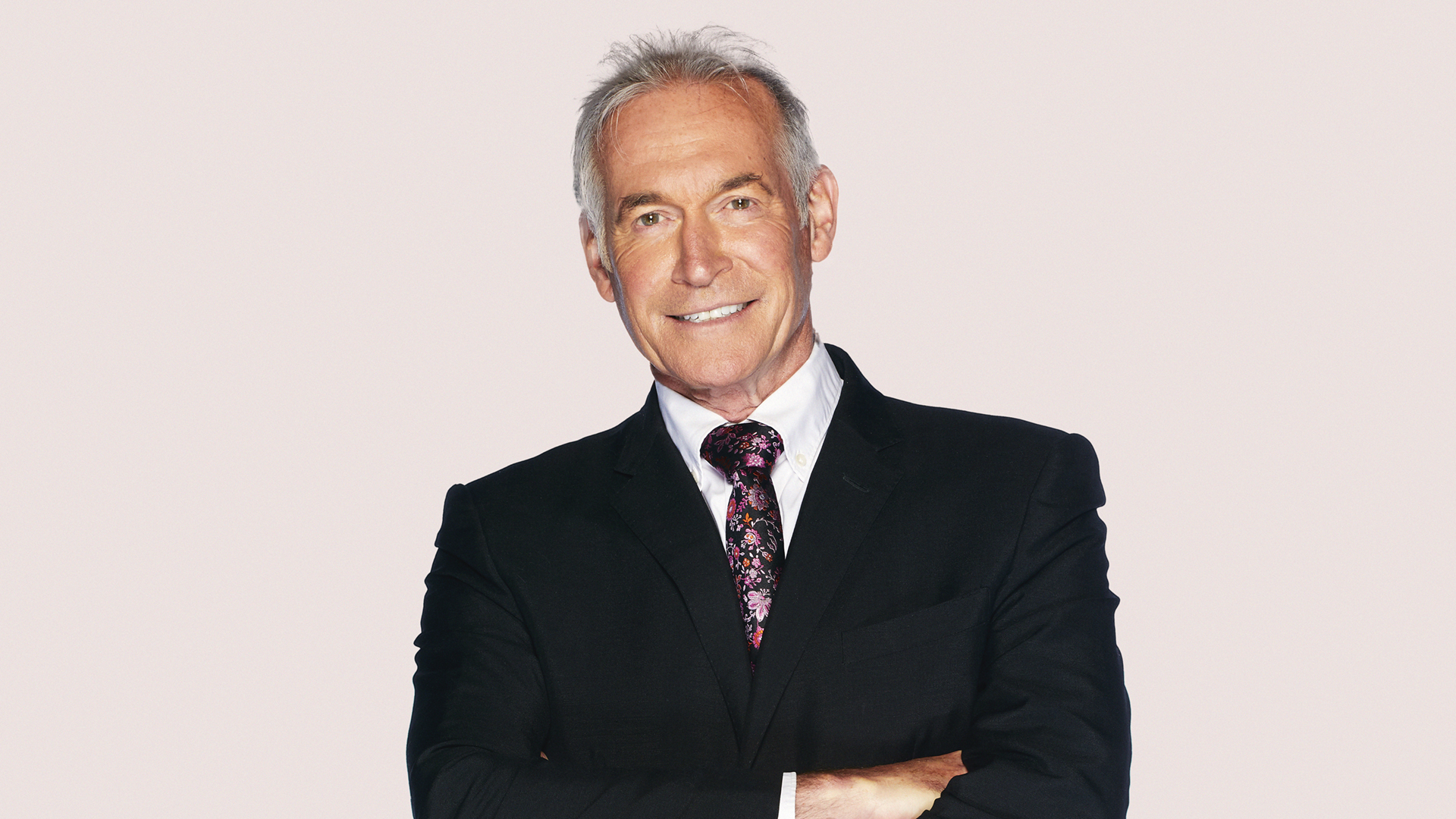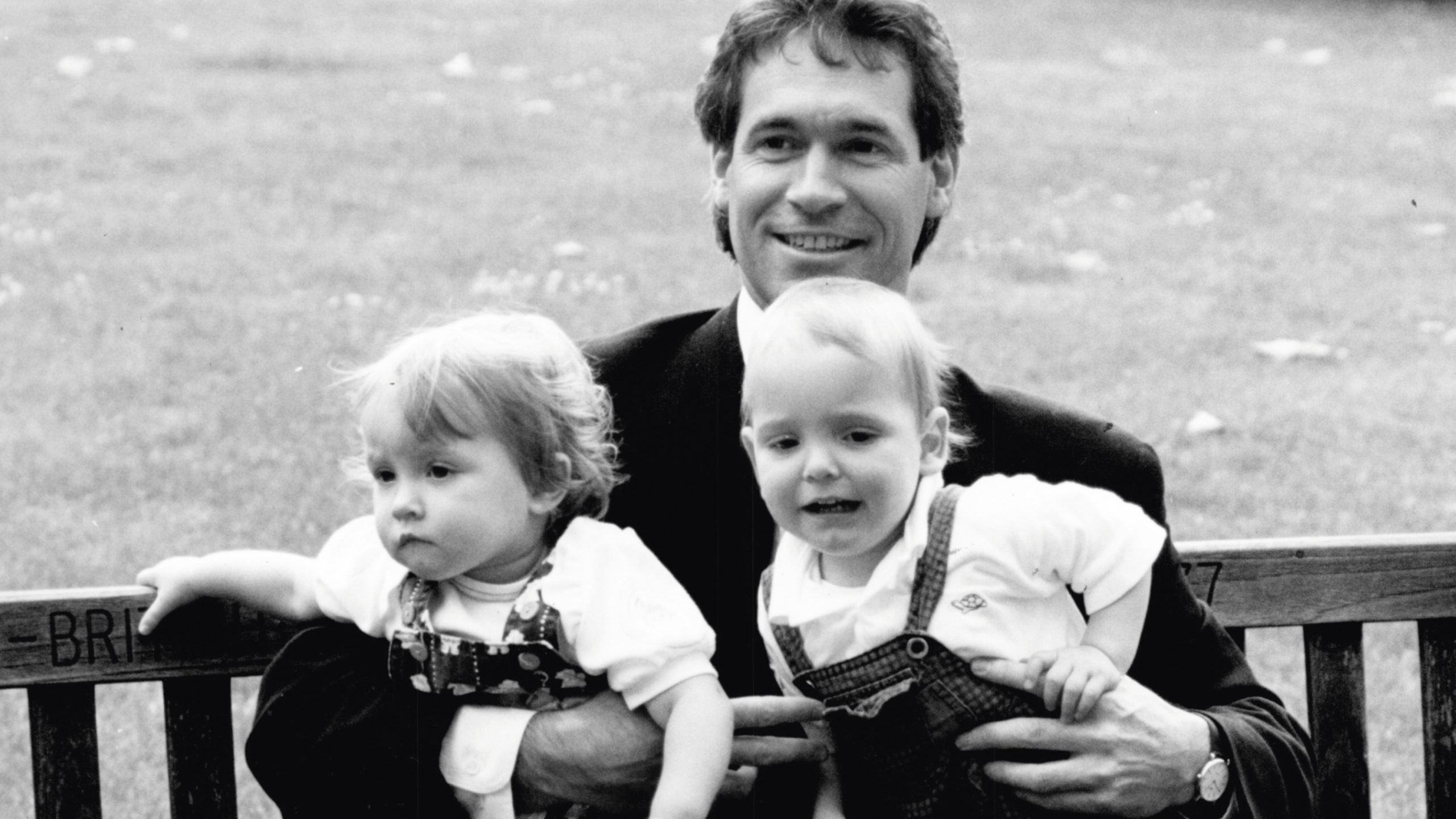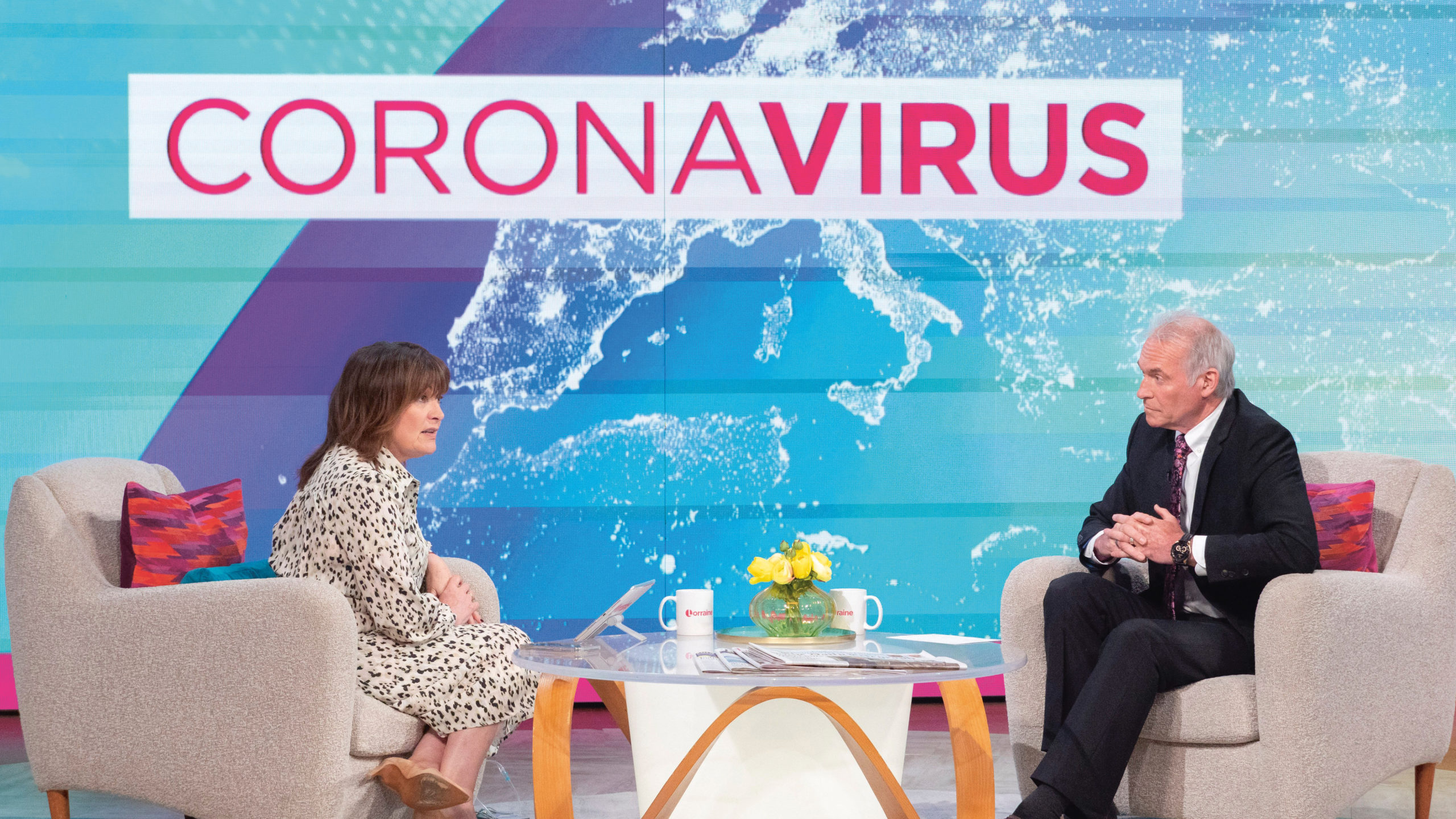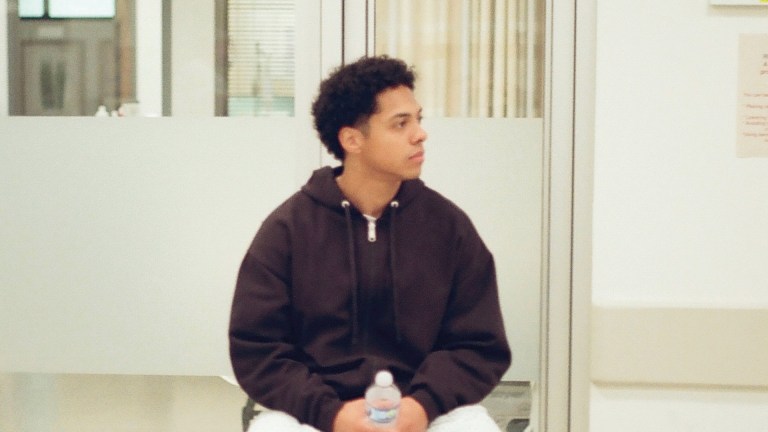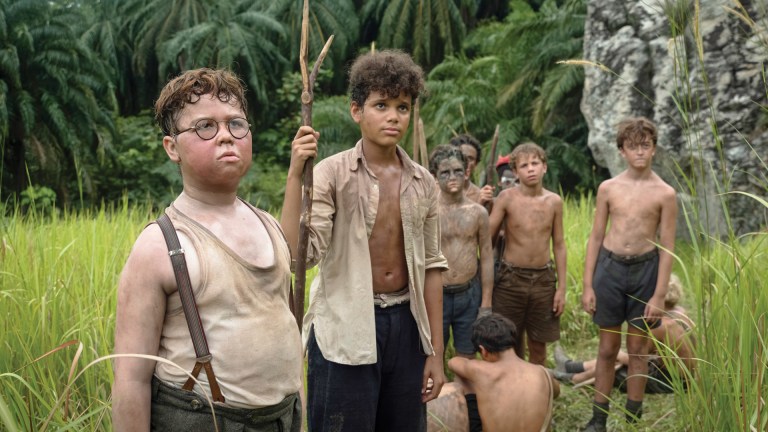Dr Hilary Jones MBE was born in London in 1953, and qualified as a doctor at the Royal Free Hospital. In 1989, he appeared on TV-am on a two-week trial and, three decades later he’s still on our screens dishing out health advice. He’s also written several health-related books on everything from stress to menopause, and last year published his first novel, Frontline. In his Letter to My Younger Self he describes a happy childhood and bell-bottomed adolescence, and how he always let his girlfriends pay on dates.
I was lucky enough to go to a good school, by and large. We had a really good drama society and I really enjoyed acting. I was actually quite a wallflower at parties. I was a bit shy. I regretted not having a sister because I didn’t really understand girls, and rather put them on a pedestal. So being on stage allowed me to be more confident. It helped me get out of my shyness. What did I look like? I had a lot more hair then than I do now. I had very flared bell-bottom jeans and grey Cuban heel boots, so I was… not quite flower power but getting there.
If you met the 16-year-old me now you’d find someone who liked a joke. Someone who was friendly and would be quite happy to take you back to mum and dad, who would feed you well. I preferred to be outdoors, going off on trips with friends, camping, that sort of thing. I was pretty worry-free and pretty irresponsible. My girlfriends generally paid for me because I had no money. Not that I had many girlfriends, but the ones I did I never really paid my way with.
My dad was an influence in the way I thought. He was from a working-class background and became a GP. He was extremely popular with all his patients in the area he worked. My parents had no class consciousness but they were very people-orientated. They ran an open house – they were very generous, and welcomed people of all creeds, colours, races and backgrounds. They taught me that it’s all about people, not their backgrounds and not about privilege.
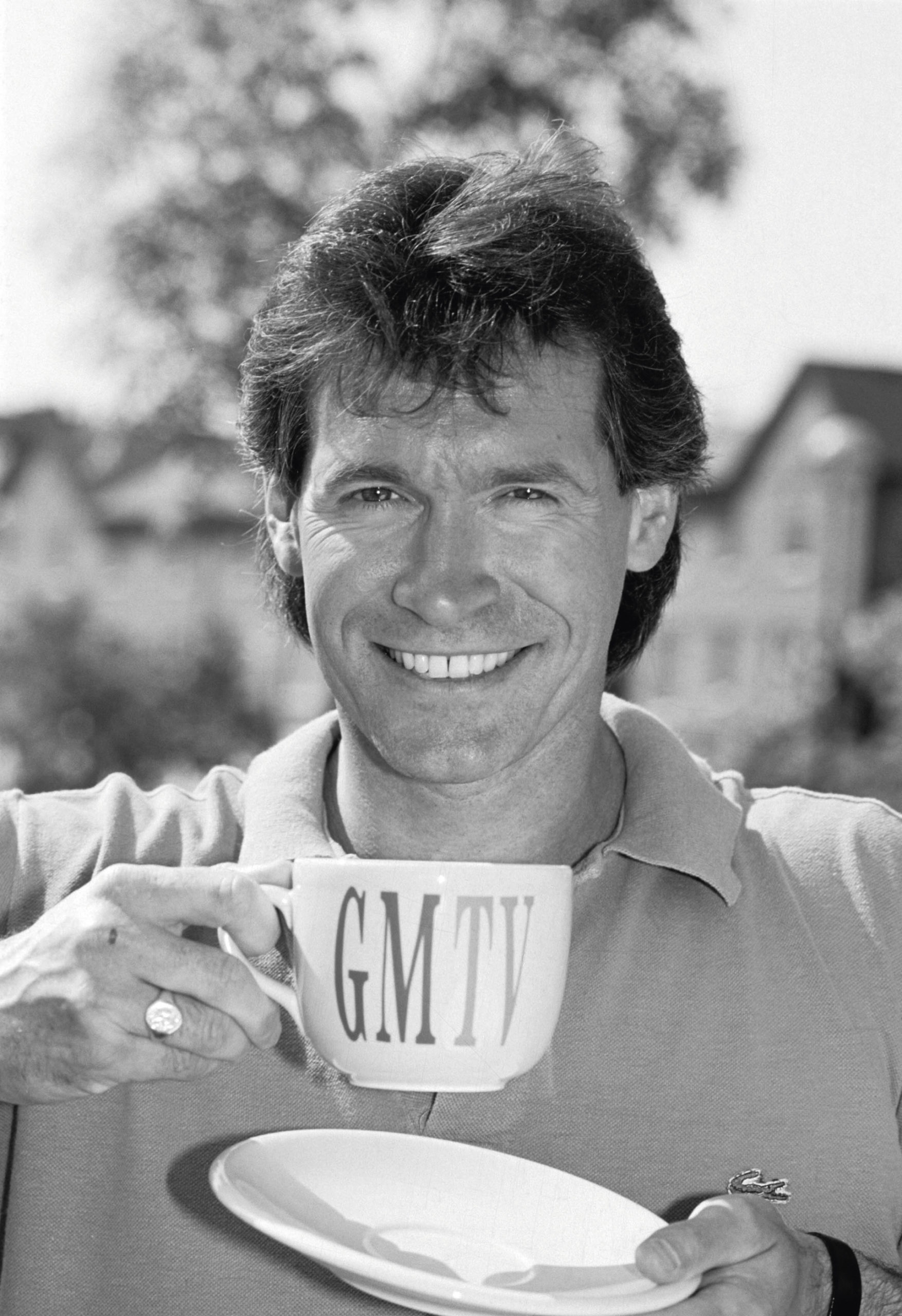
My life changed in the late Eighties. I’d been a GP for a while and I was starting to notice how medical stories were covered on TV. There was this tendency to talk to academic professors who were high up in their field, but they couldn’t always communicate their messages. I thought, why don’t they talk to a bog-standard GP who talks to patients using their own words and terminology. So I wrote to TV-am and said, give us a job! And they said they liked the idea, come and have an interview. They tried me out for two weeks. That was in 1989.
The pandemic has been the biggest, most challenging, public health story for 100 years. It’s polarised people hugely. People have become very tribal about it. Some are very violently for strict measures to protect the public, and others have been more hesitant about vaccination and resistant to the idea of the state having control over their lives. So it’s been interesting. It was important that we weren’t frivolous. The messages had to be clear, and there had to be scientific evidence for everything we said, because everything was investigated and analysed in great detail.
